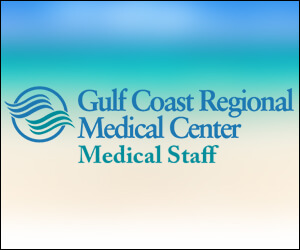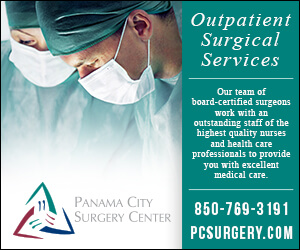
ECMA Cares About Preventing Doctor Suicide
December 14, 2018Time and time again, people fail to address the scale of suicide and mental illness in the medical profession. Emerald Coast Medical Association wants to change that. By becoming a member of Emerald Coast Medical Association, you will always…






